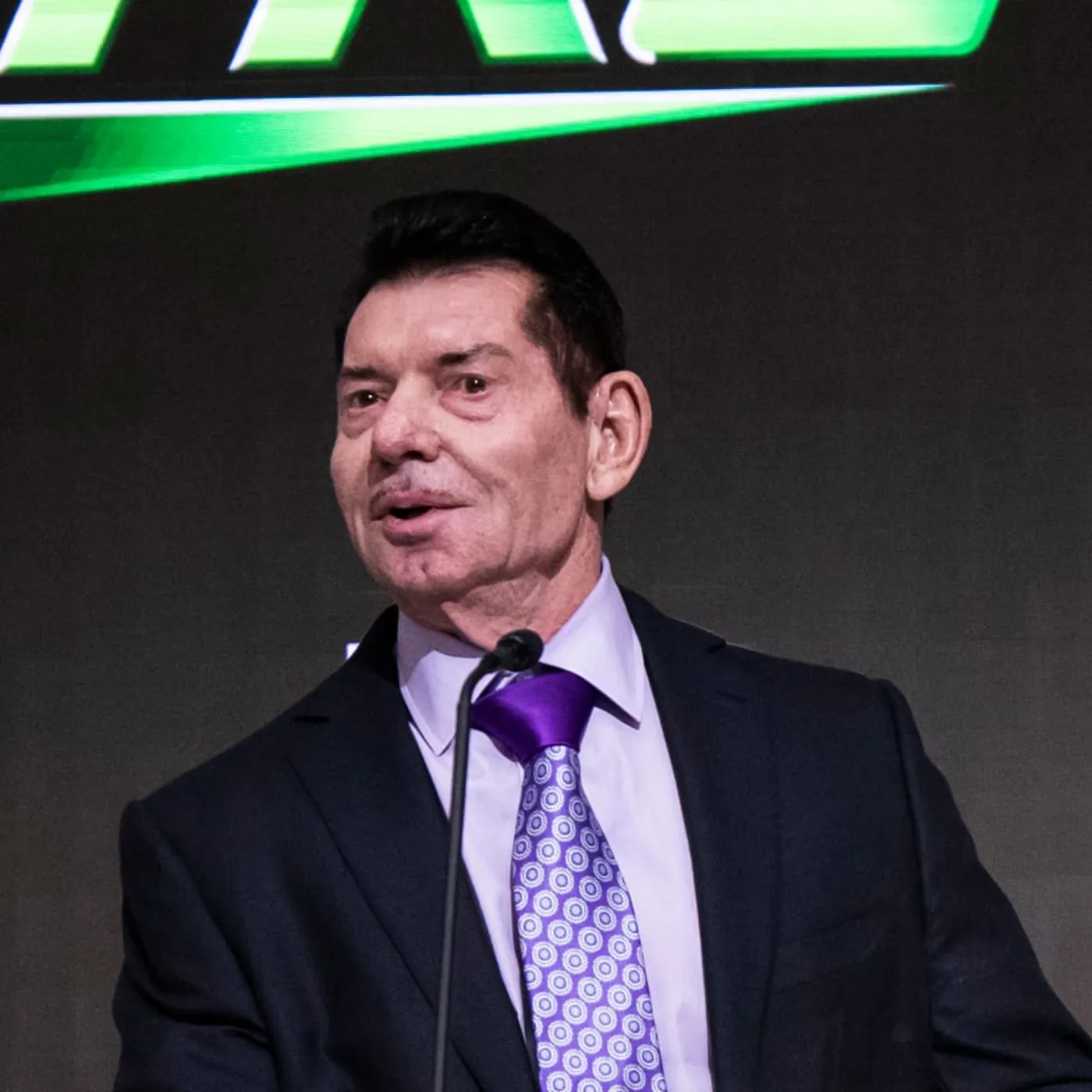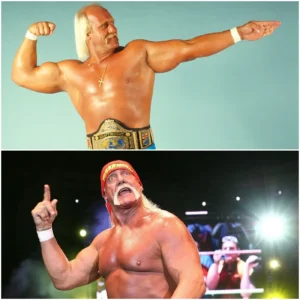When the Bell Tolls: WWE’s Legal Match Over ‘Ring Boys’ Lawsuit and Maryland’s Child Victims Act

The WWE, a wrestling titan known for larger-than-life personas, gravity-defying stunts, and the occasional steel chair to the face, now finds itself grappling with a very different kind of opponent: the courtroom. The company is seeking to place the ongoing “Ring Boys” lawsuit on hold as it awaits a decision on the Maryland Child Victims Act. And if you thought Monday Night Raw was dramatic, wait until you hear about this legal rumble.
The Backstory: When Allegations Step Into the Ring
The “Ring Boys” lawsuit stems from allegations of abuse that reportedly took place decades ago. Former employees claim they were victims of misconduct while working backstage for WWE during their youth. This lawsuit isn’t just about financial damages; it’s a reckoning with the company’s past.
However, WWE isn’t just taking this lawsuit lying down—well, unless it’s a metaphorical submission hold. They’ve filed a motion to pause proceedings, citing uncertainty surrounding Maryland’s Child Victims Act. The law passed earlier this year effectively removes the statute of limitations for child sexual abuse cases, opening the floodgates for claims that were previously time-barred.
WWE’s argument? It wants to see whether this new legislation will withstand legal challenges. Essentially, they’re asking the court to pump the brakes while the dust settles on Maryland’s legal battlefield.
Why Maryland’s Child Victims Act is a Game-Changer
To understand WWE’s stance, you need to know why this act is a heavyweight contender in the legal arena. Previously, victims of child sexual abuse had a limited window to file lawsuits. The Act erases that deadline, allowing survivors to pursue justice regardless of how much time has passed.
While the Act has been hailed as a victory for survivors, it’s also raised questions about retroactive accountability. Critics argue that organizations are being unfairly targeted for decades-old incidents when evidence and witnesses may no longer be available. Supporters, however, counter that justice delayed is not justice denied.

WWE seems to be betting on the possibility that the Act might face constitutional challenges, which could potentially nullify some of the claims against them. And this isn’t their first time playing legal defense; the company has faced other lawsuits in the past, though none quite like this.
WWE’s Move: A Legal Timeout
Picture this: the WWE legal team enters the courtroom, robes billowing like capes, asking for a time-out. Their reasoning boils down to strategy. If the Maryland Child Victims Act is overturned or significantly amended, the claims in the “Ring Boys” lawsuit could be affected. Why grapple with a lawsuit now if the rules of the game might change later?
It’s a classic corporate play: stall for time and hope that the tide shifts in your favor. WWE’s motion also spares them from diving headfirst into discovery—a phase that could unearth damning documents or testimonies.
What the Critics Say: “Delay Tactics” or Smart Defense?
To WWE’s detractors, this motion looks like a dodge, a way to avoid accountability under the guise of “waiting for clarity.” Advocacy groups have been quick to criticize the company, accusing it of trying to sidestep its moral responsibility to survivors.
But legal experts note that WWE’s move isn’t unusual in high-stakes cases like this. “From a legal standpoint, it’s not surprising,” says one legal analyst. “But from a public relations perspective, it’s a risky gamble. WWE markets itself as a family-friendly brand, and this lawsuit is a significant blemish.”
The Stakes for WWE: Reputation and Revenue
For a company like WWE, which thrives on its image as a wholesome entertainment juggernaut, these allegations are particularly damaging. WWE has long relied on cultivating passionate fandoms that span generations. While lawsuits like this may not directly impact ticket sales or merchandise, the long-term hit to their reputation could be devastating.
This isn’t just about legal fees and settlements; it’s about trust. WWE has weathered storms before—lawsuits over wrestler safety, controversies surrounding Vince McMahon’s alleged misconduct—but this feels different. It’s not just a legal issue; it’s a moral one.
The Survivor’s Perspective
For the survivors involved in this case, WWE’s motion to delay is a bitter pill. Many have waited years—decades even—for the chance to hold the company accountable. This lawsuit represents closure, a final chapter in a story that has haunted them.
Advocates for survivors argue that the company’s request for a pause feels like a slap in the face. “These individuals have been waiting their whole lives for justice,” said one activist. “WWE’s move to delay proceedings is just another way to silence them.”
What’s Next in This Legal Drama?
The court now faces a tough decision: grant WWE’s motion and risk appearing indifferent to survivors, or deny it and force the company to face the music sooner rather than later. The ruling on the Maryland Child Victims Act could have ripple effects not just for WWE but for numerous organizations facing similar lawsuits.
If the Act is upheld, WWE will likely face an uphill battle as more survivors come forward under the new legal framework. If the Act is overturned, it could set a precedent that affects child abuse cases nationwide.
A Match for the Ages
In many ways, this legal saga feels like a WWE storyline: larger-than-life characters, high stakes, and no shortage of drama. But unlike the scripted chaos of the ring, this is real life—and the consequences are far-reaching.

For now, all eyes are on the court, waiting to see if WWE gets its legal timeout or if they’ll be forced to grapple with the allegations head-on. Either way, this is one match that won’t be over after three counts.







